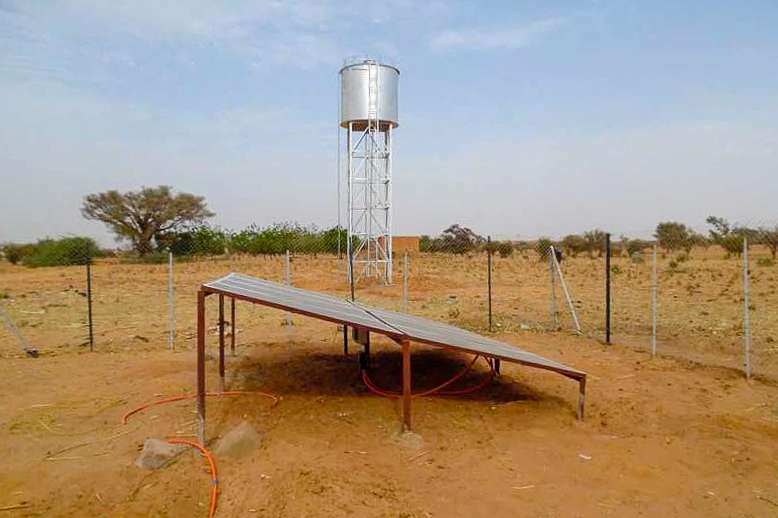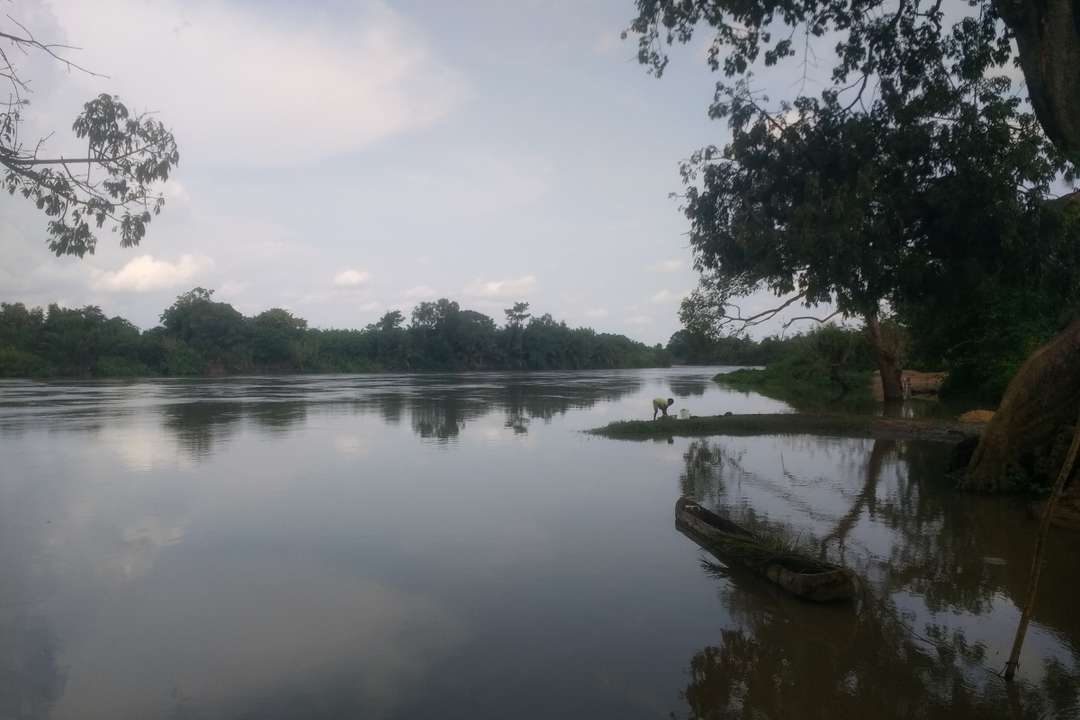September 2020
Article in Renewable and Sustainable Energy Reviews
The department of hydrology and hydraulic engineering of the Free University of Brussels and the Center for Development Research in the University of Bonn published a new paper entitled Turbines of the Caribbean: Decarbonising Suriname's electricity mix through hydro-supported integration of wind power in Renewable and Sustainable Energy Reviews. Although the CIREG West African case studies are not directly concerned in the article, Sebastian Sterl and his co-authors used modelling techniques developed within the CIREG project.
Abstract
The Caribbean nation of Suriname has historically depended on a mix of hydropower and oil-based fossil fuels for meeting electricity needs. Continued reliance on fossil fuels poses challenges both for climate change mitigation and for energy security. This paper explores the potential for increasing the share of renewables in Suriname's electricity mix, with a special focus on the complementary role of existing hydropower and future wind power infrastructure. We show that these resources have great synergetic potential for displacing fossil fuel-based power generation. Flexible operation of the Afobaka hydropower plant, newly in full possession of Suriname, allows significant wind power integration without violating grid stability and associated power quality requirements. Considering the trade-off between displacing expensive fossil fuels and limiting wind power curtailment on Suriname's island-like grid, our results suggest that integrating wind power in the Surinamese electricity mix is economically advantageous up to a share of 20–30%, independently of near-term demand growth. These results have wider relevance for climate policy in various Caribbean countries and other island states with existing hydropower infrastructure and substantial wind/solar power potential, for which this study fills an important literature gap.


